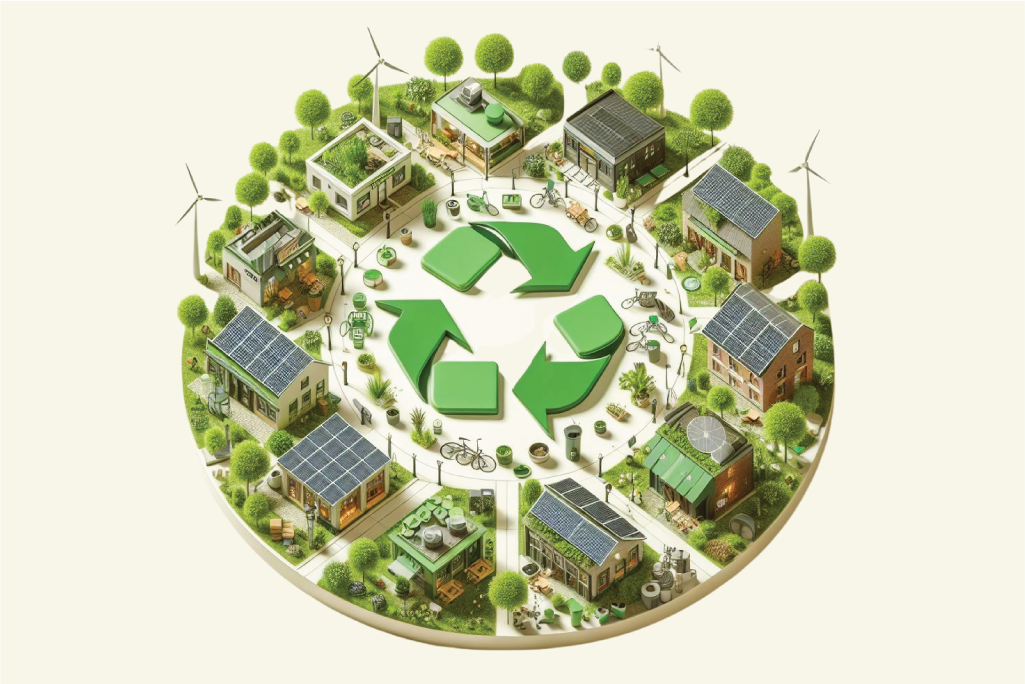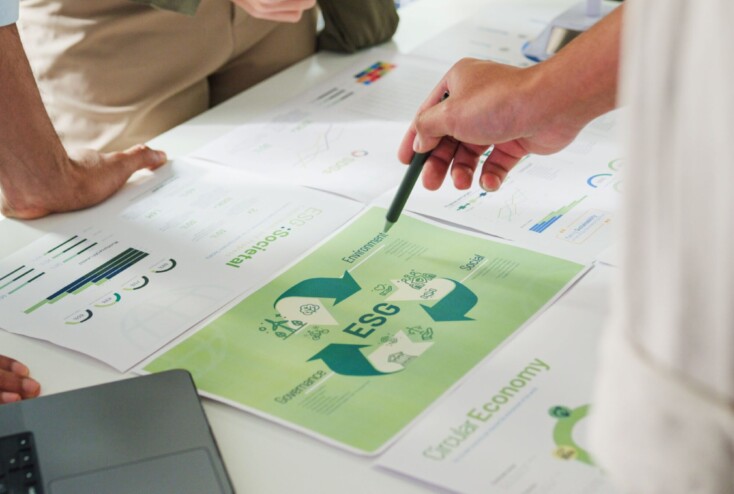
Demystifying Sustainability Reporting for SMEs
Sustainability reporting isn’t just compliance, it’s a growth strategy. It builds trust, wins bigger customers, and drives efficiency. The UOB FinLab helps SMEs start small and scale through its community and programmes, including the SME Elevate Programme and the Sustainability Innovation Programme (SIP).





